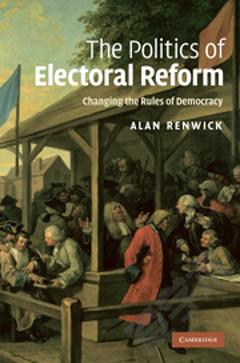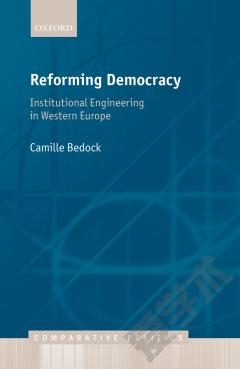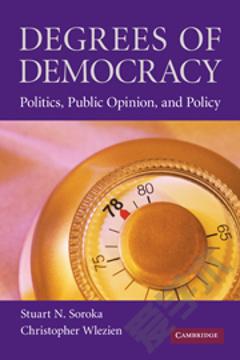The Quality of Democracy in Eastern Europe: Public Preferences and Policy Reforms
How does democracy work in the new democracies of Eastern Europe? Do the people actually rule as one would expect in a democracy or do the legacies of communism and the constraints of the transition weaken popular control? This book presents a framework for conceptualizing and measuring democratic quality and applies this framework to multiple countries and policy areas in the region. It defines democratic quality as the degree to which citizens are able to hold leaders accountable for their performance and keep policy close to their preferences. Its surprising conclusion, drawn from large-N statistical analyses and small-N case studies, is that citizens exercise considerable control over their rulers in Eastern European democracies. Despite facing difficult economic circumstances and an unfavorable inheritance from communism, these countries rapidly constructed relatively high-quality democracies.
{{comment.content}}








 京公网安备 11010802027623号
京公网安备 11010802027623号